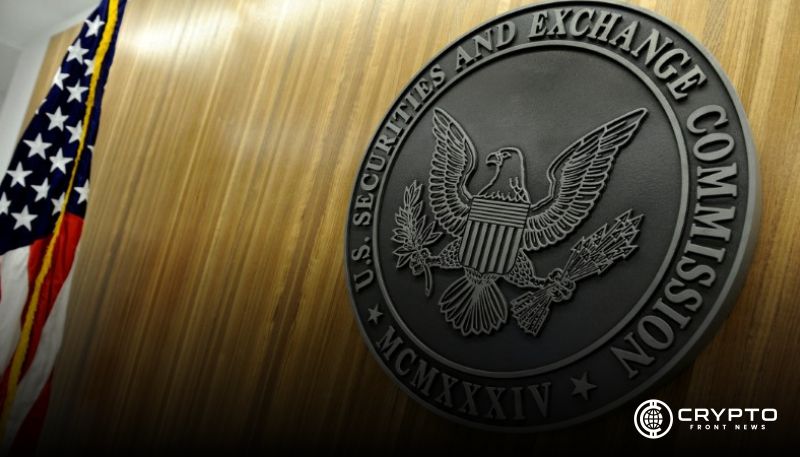- SEC’s new token taxonomy classifies crypto assets as securities or commodities under Project Crypto.
- Atkins says tokens may shift out of securities law once their investment contracts have ended.
- The framework includes four categories and keeps “fraud is fraud” enforcement as a top SEC priority.
The U.S. Securities and Exchange Commission (SEC) introduced a “token taxonomy” under Project Crypto to clearly classify digital assets. Announced by SEC Chair Paul Atkins at the Federal Reserve Bank of Philadelphia, the framework defines which cryptocurrencies qualify as securities or commodities, giving market participants greater legal clarity and regulatory certainty.
SEC Chair Introduces Token Taxonomy Framework
The SEC launched the new framework to bring structure to how digital assets are regulated in the United States. Atkins said the initiative is anchored in the long-standing Howey test, which determines whether an asset constitutes an investment contract.
He explained that some crypto assets may start as securities but later move beyond securities law once the investment conditions have ended. “The Commission will consider establishing a token taxonomy anchored in the Howey analysis, recognizing that there are limiting principles to our laws and regulations,” Atkins said.
Atkins noted that the taxonomy proposal came after extensive engagement with the public, including over a hundred meetings and written feedback from industry participants. He added that the SEC may also introduce exemptions for offerings linked to investment contracts to reduce compliance burdens while ensuring investor protection.
Categories and Ongoing Oversight
The SEC’s proposed framework divides crypto assets into four categories: digital commodities or network tokens, digital collectibles, digital tools, and tokenized securities. According to Atkins, digital commodities, collectibles, and tools will not be treated as securities because buyers seek access, utility, or collection value rather than profit from the work of others.
Tokenized securities, however, will remain regulated by the SEC as they represent ownership in financial instruments. “Once the investment contract has run its course, the token may continue to trade, but those trades are no longer securities transactions,” he explained.
Atkins reaffirmed that enforcement will remain strict, stating, “Fraud is fraud.” He said the SEC will coordinate with other federal agencies to address non-securities misconduct. The taxonomy is tied to ongoing legislative efforts in Congress, aiming to modernize digital asset regulation and create a consistent oversight structure. The SEC will release additional guidance, seek public input, and engage with legislators to further develop the framework of developing crypto markets.





